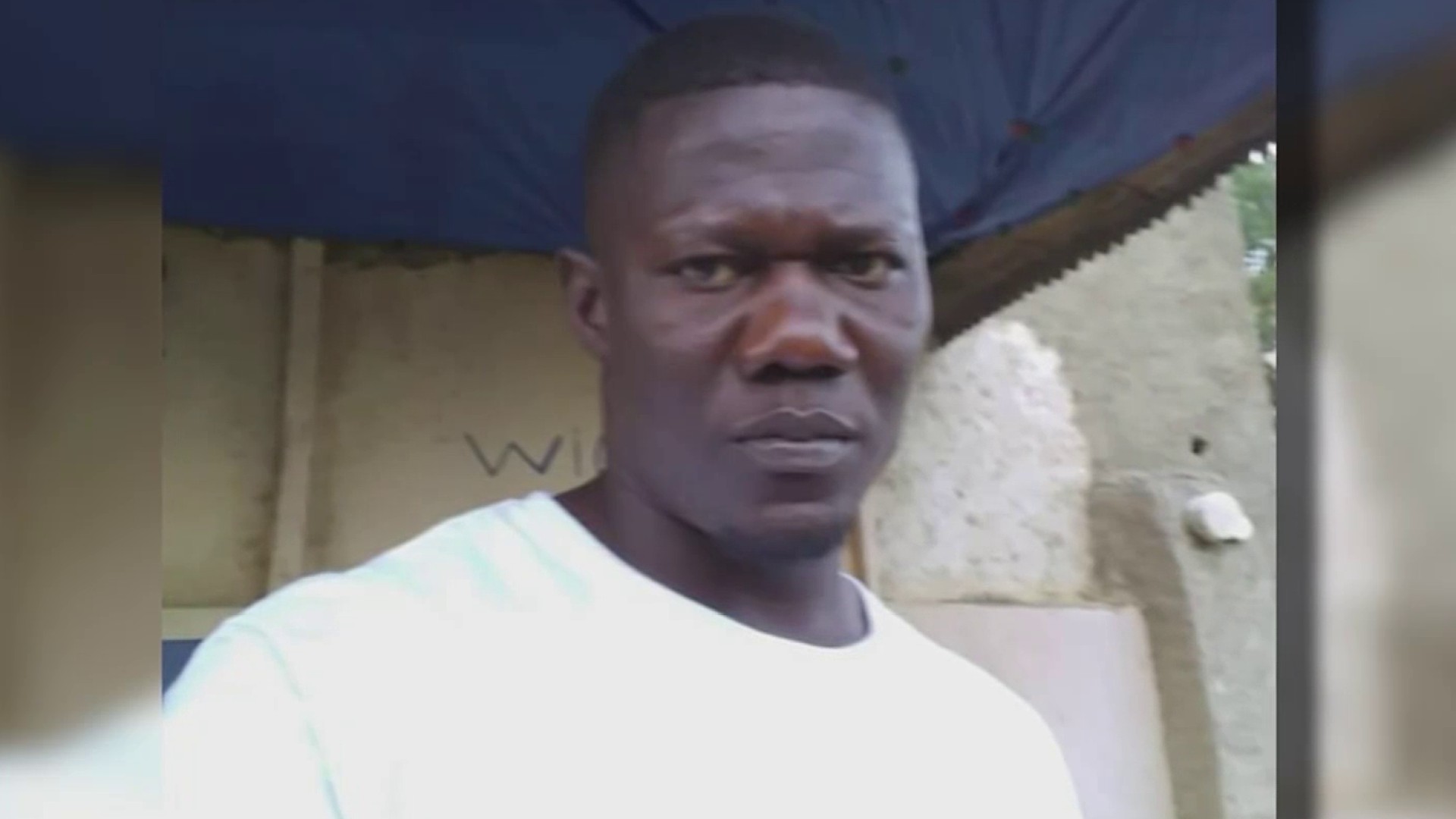Francisco Oller Elementary School once bustled with kids, but now birds nest in classrooms strewn with leaves and glass from shattered fluorescent lights. Long-discarded homework assignments paper the ground. Graffiti covers the walls.
Located in a city just outside San Juan, the school is among more than 150 shuttered in the last five years as a worsening economic crisis has prompted hundreds of thousands of people to move to the U.S. mainland over the past decade.
Driven by a combination of budget cuts and declining enrollment, the loss of so many schools is having a profound impact on communities in the U.S. island territory, forcing many children to commute to new campuses and creating a blight in places already hard-hit by recession.
The government says the situation could get much worse. It warned just days ago that by early 2016 it may run out of money to pay its bills, and over the next five years it may have to close nearly 600of the 1,460 public schools that once existed to save $249 million a year. Currently, there are 1,387 schools across the island.
The trend "speaks volumes about how we're losing population, about how we're not being efficient in building the island's future, about how we're losing opportunities to create citizens," said San Juan Mayor Carmen Yulin Cruz. "I'm extremely concerned this will increase the hopelessness and mistrust that the island has in itself and lead people to think that the only option to succeed and support their families is to leave the island."
Puerto Rico has seen school enrollment drop 42 percent in the past three decades, and an additional 22 percent drop is expected over the next five years, according to a report by the Boston Consulting Group, which signed a multimillion-dollar deal with the government to help restructure the island's education system. Much of the drop is the result of parents moving to the mainland U.S. in search of better opportunities, including many teachers being recruited from the island for their bilingual skills.
Among the tens of thousands of people who left last year was 27-year-old Devis Gonzalez, who moved his family to Orlando, Florida, after finding a job as a truck driver.
Local
"The reason was plain and simple: work," he said. "Like everyone else, we were looking for a better quality of life."
His young son attended a school in a rural area of Puerto Rico's central mountain range that teachers say is among dozens expected to close permanently this summer, raising concerns that some children might have to travel a half-hour by bus to the nearest school.
Nina Craig, a biologist from Ontario, Canada, who lives in the north coastal municipality of Arecibo and whose son attends school there, said the countryside is being stripped of services.
"I think it's inappropriate to be closing schools in the country just because they have a smaller population," said Craig, who owns a farm in Arecibo, her husband's hometown. "We can't just all of us move to the city or all of us be commuting to the city."
The closures have also hit urban areas. The Francisco Oller school, named after a Puerto Rican impressionist painter, closed in 2010, reopened its doors for part of 2012 to receive children from another school that was being remodeled, then was abandoned for good. People in an adjacent working-class neighborhood complain that the empty school has been vandalized and is now being used as a shelter by drug addicts, a scene repeated around the island.
Many criticize the government's handling of the closures, including Sen. Mari Tere Gonzalez, president of the Senate's education commission.
She said officials did not take transportation logistics and special education needs into account. The Boston Consulting Group noted that 30 percent of Puerto Rico students receive specialized education, twice the average in the U.S. mainland.
"We have to condemn the way in which it was done," Gonzalez said. "Our duty is to make sure that the rights of students aren't being affected when it comes to services."
Education Secretary Rafael Roman did not respond to requests for an interview. He has said the exodus of nearly 45,000 Puerto Ricans a year and the island's low birth rate will keep driving down enrollment. The island has seen its population dwindle to 3.5 million people, with nearly 411,000 students attending public schools. Roman's department has not said which schools it will close next, angering parents and school officials who note that enrollment for the upcoming school year ended in March.
"All of us parents are in limbo," said Rafael Feliciano, a former teachers union president who now leads a group fighting the closures. "They are taking these measures behind our backs ... It's a disgrace."
In the meantime, the government is putting some of the closed schools up for sale on a real estate website. The listing for the Francisco Oller school says it would be a good location for commercial businesses, medical offices or even a new school.
City officials say the asking price is $1.8 million.
So far, there are no takers.



